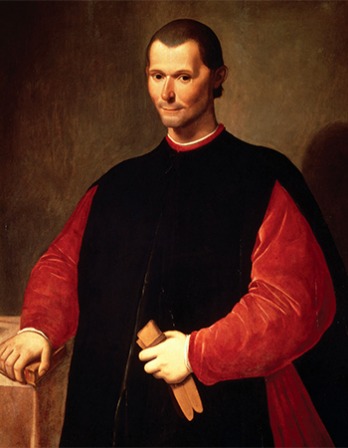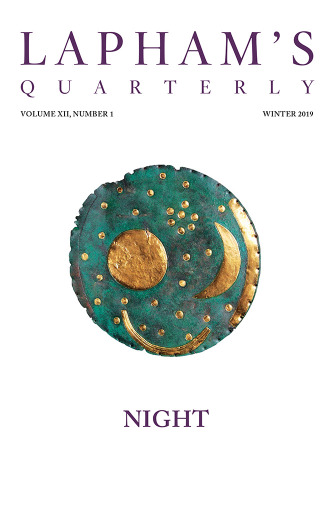I am humiliated and astounded to find that in all my writings—and it goes without Synge that many of my writings are very fine indeed—I have so far made no reference to the PS maniac. Some people are absolutely incapable of writing a letter without a postscript, and the postscript must go in even if the writer has nothing whatever to add. Where the postscript does make sense, the disease lies in making it a postscript at all instead of embodying it in the letter.
Dear Tom, Thanks very much for the books which arrived safely. I am going to Cork on Tuesday for two days and will give you a ring when I get back.
Yours, Jack.
PS. I saw your brother at the races on Saturday, but I didn’t get talking to him. J.
That is one kind of futility and you are as familiar with it as I am. Or how often have you seen this:
Dear Tom, The books arrived safely and I am obliged to you for sending them. I will return them as soon as possible.
Yours sincerely, Jack.
PS. I hope all at Number Eight have escaped the flu DV. May was complaining on Saturday but she’s fine today. J.
Please note that the ridiculous addendum is always initialed and thus authenticated. As if anybody could doubt the authorship of it. Ladies often use the PS as a coy and rather charming sally.
Dear Tom, I will be only too happy to go to the dance with you on Tuesday.
“Betty.”
PS. Thanks for ignoring me when we met yesterday in Dame Street
—B
Yah!
The PS, however, can occasionally have a legitimate office in the craft of literary nastiness.
A civil servant once received a letter from his superiors somewhat as follows:
A Chara, It is noted that in submitting your account for traveling expenses, you have entered a sum of £7 10s in respect of car hire between Ballymick and Ballypat. The distance between these two points as the crow flies is two and a half miles. I am to request an immediate explanation of the entry referred to.
Your man writes back:
A Chara, In reply to your minute (ref. No. XZ 86231/Zb/600/7/43) of the fourth instant, I desire to inform you that a deep and unnavigable river separates the towns of Ballymick and Ballypat and travelers are compelled to take a car fifteen miles upstream to the only bridge which affords a crossing.
Mise, le meas,
Seán O’Pinion.
PS—I am not a crow—S. O’P.
If I had any weakness in this direction, I would devise a mysterious literary embellishment to be known as the antescript.
AS. How about that fiver I lent you in 1917?—M. na gC.
Dear Tom, The books which you were kind enough to send me do not appear to be approved by H. M. Board of Censors and I cannot therefore peruse them. Believe me, my dear Tom,
Yours very sincerely,
M. na gC.
That sort of thing.
Or go the other hog—start off with the briefest letter in the world—“Dear Tom—Thanks. Yours, M. na gC—” and then a PS running into twenty pages both sides of the paper and coming back to the top of page one—Hegel, Nietzsche, Emerson, Gide, Beethoven, Suarez—all the boys trotted out in reams of pretentious blather.
What can one say, I wonder, of the dreadful creatures who are addicted to the PPS? Say in a family newspaper, I mean?
PS. Hoping all at Number Eight are A1—J.
PPS. May sends her regards to Bella and hopes to call on Tuesday DV.—J.
The Plain People of Ireland: We’ll write what we like.
Myself: Eh?
The Plain People of Ireland: We’ll write what we like in our own pairsonal letters.
I make no reply to that; I do not wish to offend anybody, plain or colored, but I do hope my remarks will be taken to Harte, marked, noted, pondered, and committed to the manuscript of memory.
PS. Hoping this reaches you as it leaves me, in the pink. M. na gC.
From his column in the Irish Times, “Cruiskeen Lawn.” Born Brian Ó Nuallain in Ireland in 1911, the author published his novels—among them, At Swim-Two-Birds and The Hard Life—under the pseudonym Flann O’Brien and published his newspaper column under the pseudonym Myles na gCopaleen. He wrote satirical pieces for the Irish Times for twenty-six years beginning in 1940 and served in the civil service from 1935 to 1953. O’Brien died of a heart attack in 1966.
Back to Issue





